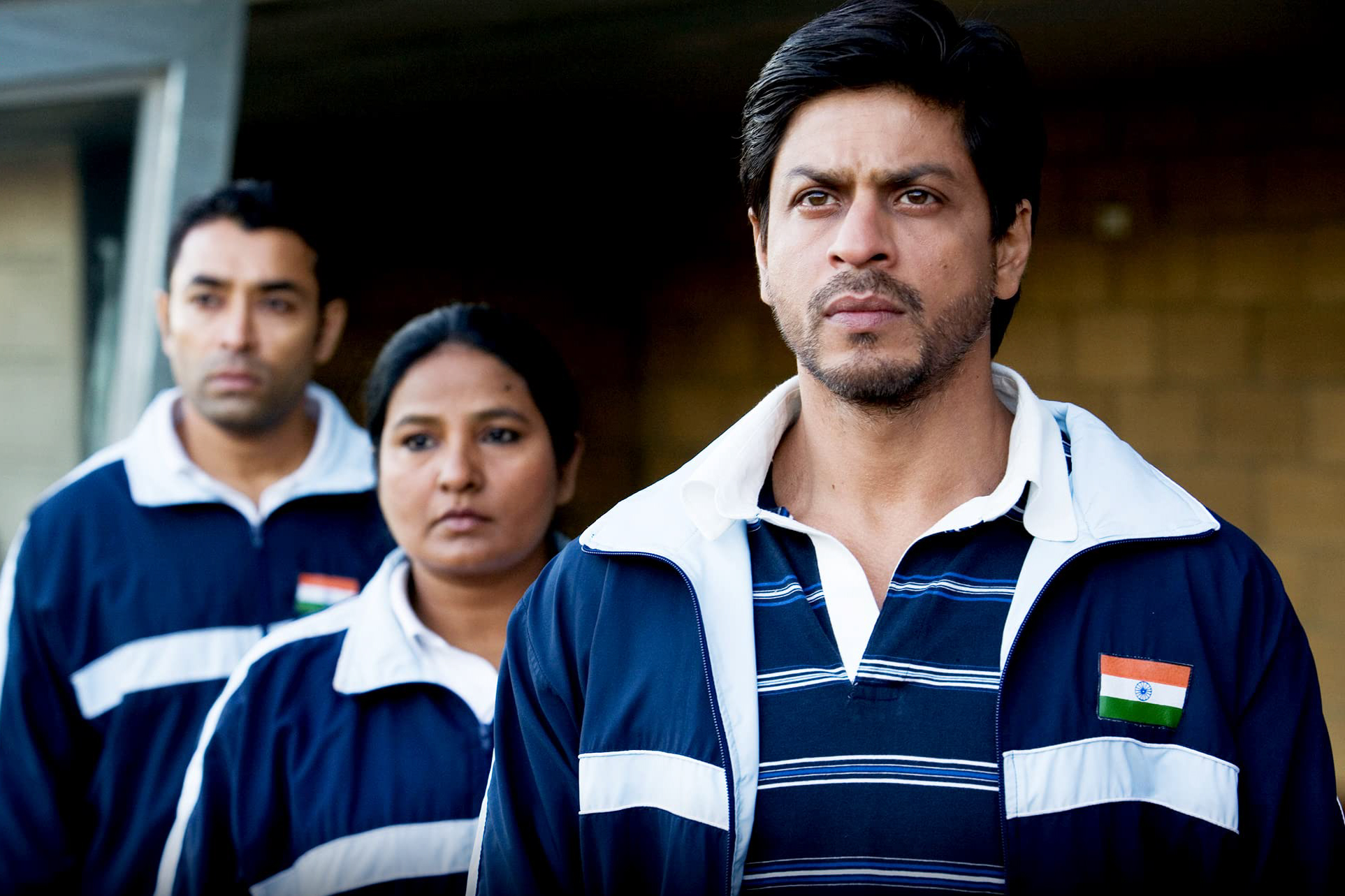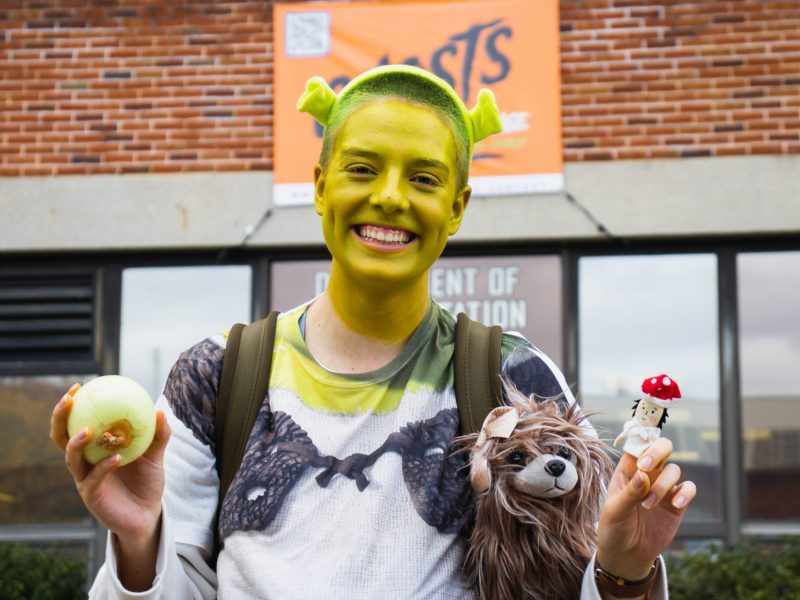When I was in elementary school, I would come home and put on a Bollywood music video DVD, dance around the living room and watch the scenes with fascination. I memorized all the lyrics, knew the order of the songs and annoyed the hell out of my family with it.
When I was in middle school, I would sometimes sit down with my parents to watch a Bollywood movie and, when forced, would go to temple with them. I knew the layout of the building by heart and the fastest way to get in and out so I could sit outside on my phone.
When I was in high school, I tried my best to Americanize myself. During my freshman year, when I teetered on the edge of keeping my culture, one negative comment about my accent when speaking Hindi made me push it away.
Now, as a junior at the University of Maryland, I’ve just started embracing my culture and heritage again.
This rediscovery began this past fall, when I started taking information science courses and working at the journalism college equipment checkout desk. On both sides of my life, I found people who were connected to their heritage, one similar to mine. It was the small moments that began to creep up on me.
[I competed in Miss Maryland and this is how it went]
My coworker showed me new Bollywood music, and we talked about our favorite movies. Specifically, we talked about the movie star Shah Rukh Khan.
When I got back to my apartment that night after finishing a late shift, I pulled out my laptop, opened Amazon Prime and found one of my favorite movies from elementary school. Honestly, I couldn’t stop watching.
I went through four or five movies through the course of a week, and I couldn’t stop thinking about the wonderful movies from my childhood and from recent films I ignored because I was bothered by my culture. I spent years not wanting to eat the food my mom cooked and packed in my lunches, years hating my cultural clothes and the country my parents came from. Obviously, there are other reasons for that.
Southeast Asian families often have a structure that puts men on a pedestal and encourages women to stay quieter and smaller. I have never been that kind of woman, and my family is still attempting to adjust to that reality.
Plus, I’ve never been a religious person. From a young age, my parents pressured me toward Hinduism, toward trusting in God.
Instead, all of the pressure that was put on me to accept my culture drove me further away. It also often made me feel like I wasn’t Indian enough — and I still feel that way sometimes.
Even as I begin embracing my culture again, re-integrating Hindi music into my playlists and watching more Bollywood movies, I feel like a fake Indian. I can speak and understand some Hindi, but I can’t read or write it. I don’t own many Indian clothes anymore or go to Indian events and festivals. It’s been hard to realize I can actually pick the pieces of my culture I want to interact with without being a “bad Indian,” and I am still Indian, even if I was born in the U.S.
[I lost my freshman friend group, but it led to the mature friendships I have now]
This university has also helped me meet a lot of people who have a similar background and are undertaking this same journey. My coworker and I bonded over breaking the norm of an Indian woman. My classmates and I talked about our favorite Bollywood movies. I felt more comfortable talking about Indian culture with the people around me, and my mom and I were able to bond over the terrible translations in captions.
I’ve even started to consider going to events run by the South Asian Student Association on the campus without feeling like I would be out of place. Mostly, I can’t go because of other commitments, but it makes me feel less alone to know there is a community on the campus I can relate to.
Finding my way back to my culture is not a linear journey. Sometimes I feel like I don’t know how to be Indian and sometimes people say things like, “Wow you don’t seem Indian,” and I feel like an imposter all over again. But now, I have nothing but joy about embracing my culture and the world my parents come from.



